Why Write the First-Ever guide to all 136+ D.C. neighborhoods
In writing the first-ever guide to all 136 D.C. neighborhoods, the goal is simple- to help make a big city smaller for locals, transplants, and tourists. Over Washington, D.C.’s storied past, around 136 neighborhoods have emerged embodying people, culture, and beauty. Each is worthy of honor, distinct from other neighborhoods.
Before I dive into the process, why the guides are online only, lessons learned, thank yous, and a scavenger hunt announcement, it’s important to note that neighborhood borders are often disputed throughout Washington, D.C. Needing some sort of road map, I used the 136 neighborhoods outlined by the D.C. Office of Planning years ago. I included North Portal Estates, the neighborhood at the northmost tip of D.C., bringing the total to 137. Since writing this, a few neighbors requested a Rosedale guide so stay tuned on that.
It’s also worthy of noting that I’m a guest in Washington, D.C. Moving to the city in 2007, it’s not lost on me that my position as a transplant excludes me from knowing what it’s like to be a native Washingtonian. And it’s with the posture of being a guest that I explored every neighborhood. Being a guest my entire life (I grew up in Central Asia as an American and don’t entirely fit anywhere in the world), there are a few rules of being a guest all transplants and tourists need to follow.
- Practice humility.
- Listen more, talk less.
- Understand context and nuance.
- Respect people, especially those born and raised in Washington, D.C.
- Be present.
Here are 132 guides to every neighborhood in Washington, D.C. organized by Ward. (Scroll to the bottom to read a list of neighborhoods by Ward.) Each guide includes a brief neighborhood introduction and a few suggestions on what to eat, drink, do, and see in the area. In writing each guide, I did four things.
- Visited every neighborhood, walking down every street and alley.
- Asked and listened to neighbors’ stories.
- Researched the history and current context.
- Fact checked each entry.
The guides are online only…for now. Here’s why.
- Accessibility for most. Anyone with an internet connection can access all 132 guides free of charge. If it was a book, it would likely cost some amount to help cover printing, etc. An online version makes it more accessible. The goal is to help us all connect more deeply with our city and I don’t want to monetize that.
- Easy revisions. Places open and close often. Buildings are torn down. New ones go up. With an ever-changing Washington, D.C., an online version makes it easy to edit.
- Live updates. Guides are living, they evolve. Even with extensive research, I’m human and am biased. It’s safe to say I missed elements of a neighborhood. As neighbors read and others explore, I welcome feedback. As a human, I have biases, blind spots, and limitations. Because of that, the guides aren’t perfect. They will evolve, hopefully becoming more useful and honoring.
In writing these guides, I explored every part of Washington, D.C., often with my young daughter. In walking every neighborhood, here’s what I learned in my 17+ years living in Washington, D.C.
- Local champions carry Washington, D.C. Most neighborhoods have active citizen and civic associations helmed by neighbors passionate about community. They document their neighborhood’s history, preserve its beauty, and find ways to build connection among neighbors. From the River Terrace Community Organization to the Brightwood Community Association, people care about where they live.
- Hyper local media is vital. With local news sites like the DCist shutting down, local newsletters like 730DC and blog Popville are vital. Popville started out as a neighborhood blog and many neighborhoods are covered by dedicated citizens, who often volunteer their time. The Hill Is Home, Petworth News, Fairlawn Informer, and The Southwester are a few and many have covered their homes for decades.
- Our city remains segregated. Most neighborhoods prevented the sale of houses to the Black community through racial covenants until the Supreme Court ruled them unconstitutional in 1948. This helped segregate the city. Over 75 years later, Washington, D.C. is still segregated. Mapping Segregation is an invaluable resource that dives deeper into this reality.
- History repeats itself. Over the decades, developers have, at times, named neighborhoods. The most obvious is NoMa, pulling from historic neighborhoods like Swampoodle. It was interesting to learn of other neighborhoods with a similar birth story. Northwest’s Crestwood was named such by developers in the 1940s to help market its houses.
What started as teaching my daughter the alphabet through exploring D.C. during the pandemic ended with the city’s first-ever guide to all 136+ neighborhoods. Literal hundreds of people helped in the project by sending recommendations, writing articles, and recording history. This list includes the DC History Center, DC Preservation League, reporters at The Washington Post, Washington City Paper, The Washingtonian, DCist, Eater DC, and other outlets, John Kelly’s column, Popville, every neighborhood newspaper and citizens association like the Civic League Of North Portal Estates, Christina Sturdivant Sani, Corey Stowers, Diane Baxter, Joe Lapp, Phylicia Bowman, D.C.’s artists and muralists, local historians, neighbors, photographers, and many others.
Completing a two-year project is a big deal. To help celebrate, I created and hosted a D.C.-centric scavenger hunt on Saturday, June 15, 2024 with one route in each quadrant with prizes from local businesses and makers. Even though June 15th is past, you can still use the scavenger hunts to explore here.
Here are the neighborhoods by Ward:
- Adams Morgan
- Columbia Heights
- Howard University
- Lanier Heights
- LeDroit Park
- Mount Pleasant
- Park View
- Pleasant Plains
- U Street
- Burleith
- Chinatown
- Downtown
- Dupont Circle
- Federal Center
- Federal Triangle
- Foggy Bottom
- Georgetown
- Logan Circle
- Mount Vernon Square
- Penn Quarter
- Shaw
- Sheridan Kalorama
- West End
- American University Park
- Berkley
- Cathedral Heights
- Chevy Chase
- Cleveland Park
- Colony Hill
- Forest Hills
- Foxhall
- Friendship Heights
- Glover Park
- Kent
- Massachusetts Heights
- McLean Gardens
- North Cleveland Park
- Observatory Circle
- Palisades
- Potomac Heights
- Spring Valley
- Tenleytown
- Wakefield
- Wesley Heights
- Woodland Normanstone
- Woodley Park
- Woodmont
- Barnaby Woods
- Brightwood
- Brightwood Park
- Colonial Village
- Crestwood
- Hawthorne
- Manor Park
- North Portal Estates
- Petworth
- Riggs Park (Lamond-Riggs)
- Shepherd Park
- Sixteenth Street Heights
- Takoma
- Arboretum
- Bloomingdale
- Brentwood
- Brookland
- Carver Langston
- Eckington
- Edgewood
- Fort Lincoln
- For Totten
- Gateway
- Ivy City
- Langdon
- Michigan Park
- North Michigan Park
- Pleasant Hill
- Queens Chapel
- Stronghold
- Trinidad
- Truxton Circle
- Woodridge
- Barney Circle
- Capitol Hill
- Judiciary Square
- Mount Vernon Triangle
- Near Northeast
- NoMa
- Southwest Waterfront
- Sursum Corda
- Swampoodle
- Benning
- Benning Heights
- Benning Ridge
- Burrville
- Capitol View
- Central Northeast
- Civic Betterment
- Deanwood
- Dupont Park
- East Corner
- East River Heights
- Eastland Gardens
- Fairfax Village
- Fort Davis
- Fort Dupont
- Fort Stanton
- Good Hope
- Greenway
- Hillbrook
- Hillcrest
- Hill East
- Kenilworth
- Kingman Park
- Lincoln Heights
- Marshall Heights
- Mayfair
- Naylor Gardens
- Northeast Boundary
- Penn Branch
- Randle Highlands
- River Terrace
- Twining
- Anacostia
- Barry Farm
- Bellevue
- Buena Vista
- Congress Heights
- Douglass
- Fairlawn
- Garfield Heights
- Knox Hill
- Navy Yard
- Park Naylor
- Shipley Terrace
- Skyland
- Washington Highlands
- Woodland

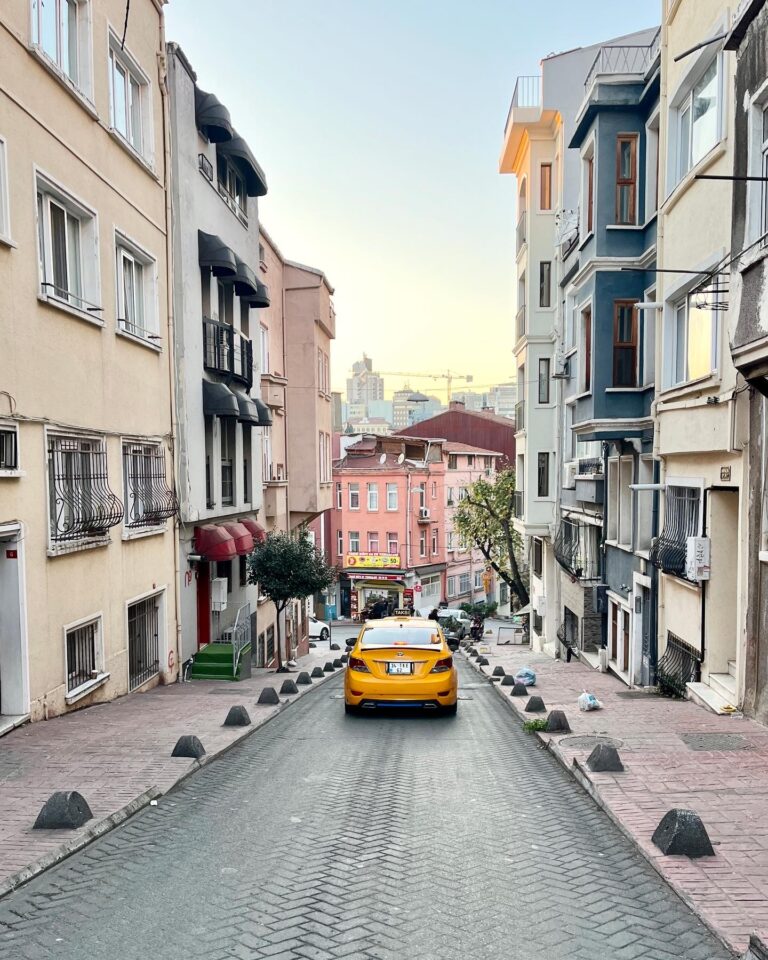
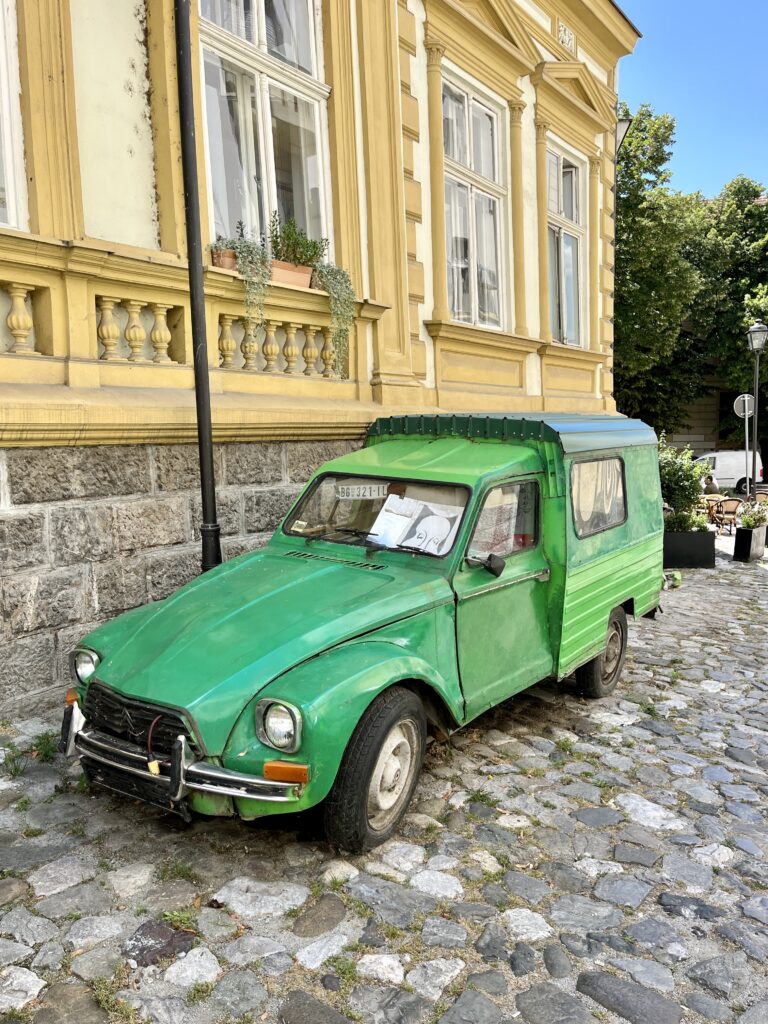

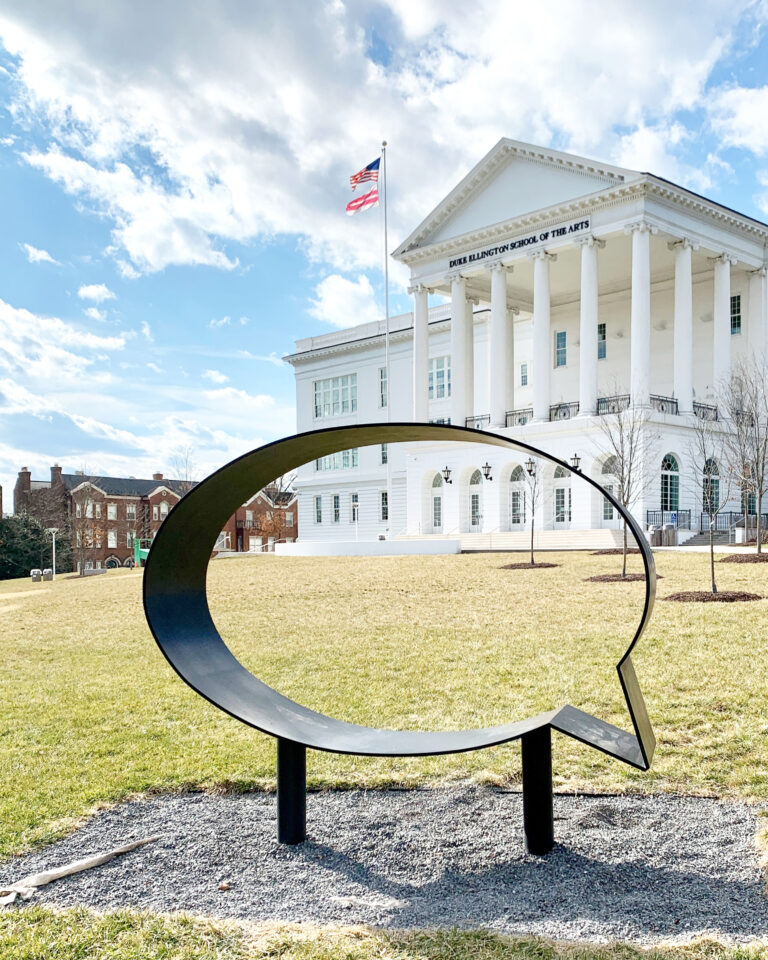
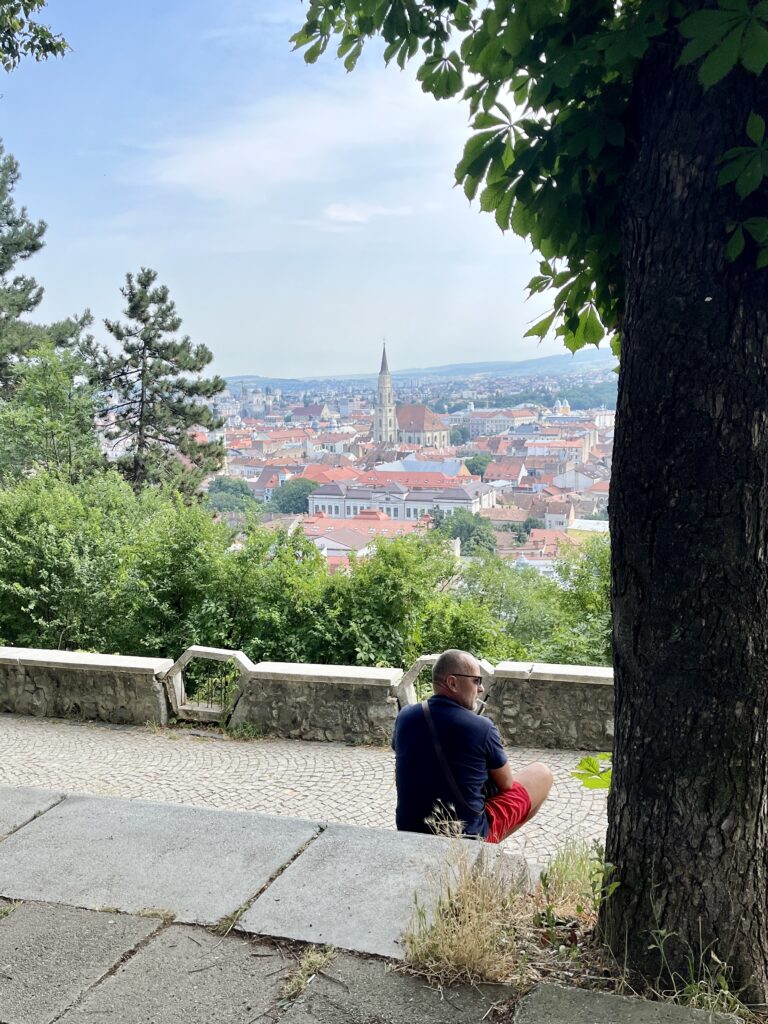
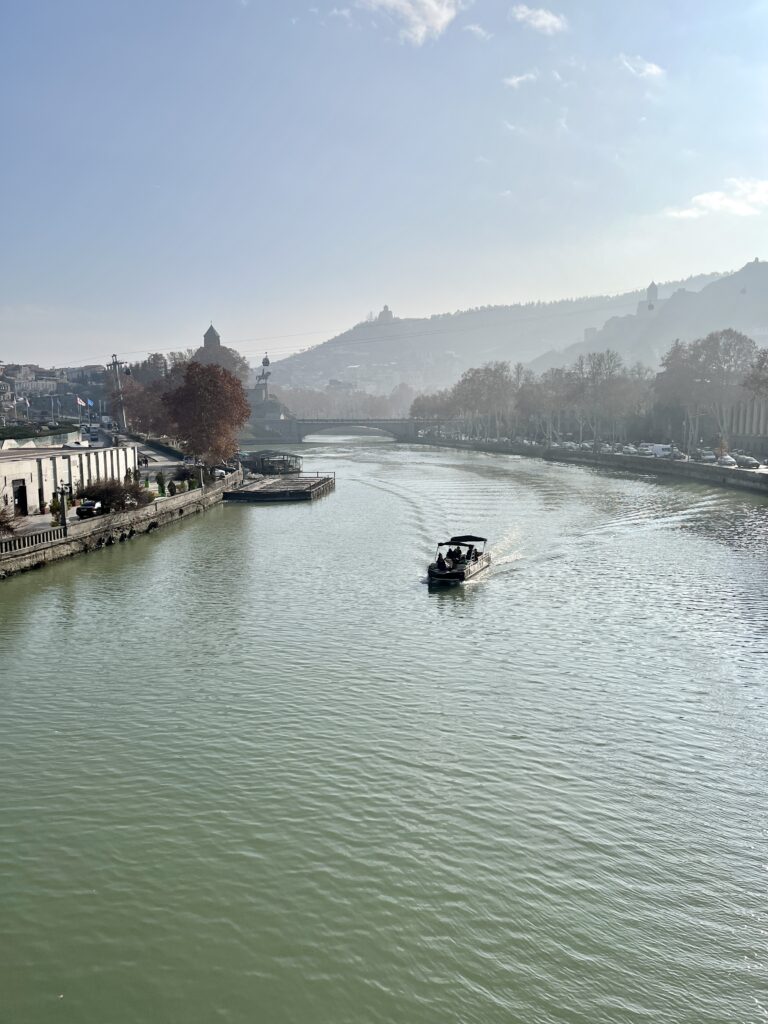
So frickin’ proud of you!!!! What a beautiful homage to the city you love.
Thank you so much! It was truly an honor to explore every part of the city.
Great view of the City of Washington. So many come to see historic monuments and government buildings, missing the true nature of this City. Thanks for finishing this project and helping many to understand the real beauty of this place. Congrats on writing.
Thanks, Uncle Dale. It really was an honor to write. I learned so much about D.C. through the process.
Austin. Kyle Cooper with WTOP News. I’d love to interview you about this accomplishment. I think many would like to jeer about it. When can we talk ?
Thanks, Kyle! It’s great to connect. I’d love to chat. I’m at austin@austinkgraff.com. Go ahead and shoot me an email and we can find a time to chat!
This is absolutely incredible. As a Realtor, I have been searching for something like this for years. It is so helpful for those moving here to really understand what the different neighborhoods are like before buying. Thank you!!
I’m so glad it’s helpful. I’m looking forward to seeing how the guides evolve as more people add to them!
This is so awesome and the pictures are incredible!
A few small suggestions:
(1) I counted 136 neighborhoods, not 132.
(2) I would add a number of districts. Most importantly are Golden Triangle (since Downtown has many sub-districts) and this is one of the most well-defined and administered, Wharf District (which has its own identity from SW Waterfront) and Rosedale (which you already noted you’d be adding).
(3) If Howard is a separate district, I’d break off Catholic University as one too.
(4) Union Market and Eastern Market are pseudo districts, as is Barracks Row. I know a good amount of people who claim that as their neighborhood. But if U Street is a thing, maybe these also qualify?
(5) I’d add non-residential areas as well, which are also worth exploring, since many cover lots of space (often bigger than entire neighborhoods) and are key features of the city’s economy, character and history. Notable ones are: (1) Rock Creek Park, (2) Buzzard Point (though becoming residential), (3) Anacostia-Bolling (base), (4) Blue Plains (a forgotten corner of DC that is vitally important and is nonetheless accessible – the water treatment plant even does tours!), the (5) Monumental Core/National Mall, (6) Theodore Roosevelt Island, and (7) Fort Circle Park. Maybe try to hit 150 for a nice round number?
(6) Please do Alexandria and Arlington at some point too!
Hi Anthony! I really appreciate you taking the time to read through the guides and offer valuable recommendations. They are spot on! Since I needed a starting point, I used the list of neighborhoods listed by the DC Office of Planning, which is outdated. Their list is 131 and I added one. Which list did you see 136? (A few overlap between Wards.) You’re right about Golden Triangle, Wharf District, Howard University, Eastern Market, Union Market, Barracks Row, Rock Creek Park, Buzard Point, Anacostia-Bolling, National Mall, Rosevelt Island, Fort Circle Park, and Blue Plains (love the views from there!) all deserve their own guide. I’d add Columbia Island too. And I’d love to do Alexandria and Arlington one day too, though I’d love to break those two cities by their many neighborhoods. The next few weeks are slammed with work, but I’ll give this intentional thought after this. Thanks again for suggesting this. I can tell we both love exploring this city. If you ever want to chat more, I’m at austin@austinkgraff.com.
No problem!
Good call on Columbia Island. I almost forget it’s even DC (and have had the LBJ Memorial Grove On The Potomac on my bucket list for years – probably a good reminder to pay a visit while the weather is nice).
On Arlington, it has a large amount of neighborhoods for its small size (half the number of DC but with <1/3 the population). Alexandria is much easier (only 10-20 neighborhoods depending on official-ish source), but before I moved to Mount Pleasant, I lived in the Seminary Hill area of Alexandria and it was an amorphous blob (nobody really knew what the area was called and some went by Bradlee, others by Chinquapin, others by Seminary Hill). The low # of official districts causes its own set of issues as people don't have a good sense of place. So both have their challenges.
On the 136, I copy-pasted all the bulleted districts above into Google Sheets so I could do some itinerary planning and it came out to 136 rows. I checked and this didn't include double-counts. I then also typed them manually into Apple Notes and it came back again as 136. So not sure what's behind the discrepancy. Maybe I'm doing something wrong or DC bundles a few? Here is that ordered output:
1 Adams Morgan
2 American University Park
3 Anacostia
4 Arboretum
5 Barnaby Woods
6 Barney Circle
7 Barry Farm
8 Bellevue
9 Benning
10 Benning Heights
11 Benning Ridge
12 Berkley
13 Bloomingdale
14 Brentwood
15 Brightwood
16 Brightwood Park
17 Brookland
18 Buena Vista
19 Burleith
20 Burrville
21 Capitol Hill
22 Capitol View
23 Carver Langston
24 Cathedral Heights
25 Central Northeast
26 Chevy Chase
27 Chinatown
28 Civic Betterment
29 Cleveland Park
30 Colonial Village
31 Colony Hill
32 Columbia Heights
33 Congress Heights
34 Crestwood
35 Deanwood
36 Douglass
37 Downtown
38 Dupont Circle
39 Dupont Park
40 East Corner
41 East River Heights
42 Eastland Gardens
43 Eckington
44 Edgewood
45 Fairfax Village
46 Fairlawn
47 Federal Center
48 Federal Triangle
49 Foggy Bottom
50 For Totten
51 Forest Hills
52 Fort Davis
53 Fort Dupont
54 Fort Lincoln
55 Fort Stanton
56 Foxhall
57 Friendship Heights
58 Garfield Heights
59 Gateway
60 Georgetown
61 Glover Park
62 Good Hope
63 Greenway
64 Hawthorne
65 Hill East
66 Hillbrook
67 Hillcrest
68 Howard University
69 Ivy City
70 Judiciary Square
71 Kenilworth
72 Kent
73 Kingman Park
74 Knox Hill
75 Langdon
76 Lanier Heights
77 LeDroit Park
78 Lincoln Heights
79 Logan Circle
80 Manor Park
81 Marshall Heights
82 Massachusetts Heights
83 Mayfair
84 McLean Gardens
85 Michigan Park
86 Mount Pleasant
87 Mount Vernon Square
88 Mount Vernon Triangle
89 Navy Yard
90 Naylor Gardens
91 Near Northeast
92 NoMa
93 North Cleveland Park
94 North Michigan Park
95 North Portal Estates
96 Northeast Boundary
97 Observatory Circle
98 Palisades
99 Park Naylor
100 Park View
101 Penn Branch
102 Penn Quarter
103 Petworth
104 Pleasant Hill
105 Pleasant Plains
106 Potomac Heights
107 Queens Chapel
108 Randle Highlands
109 Riggs Park (Lamond-Riggs)
110 River Terrace
111 Shaw
112 Shepherd Park
113 Sheridan Kalorama
114 Shipley Terrace
115 Sixteenth Street Heights
116 Skyland
117 Southwest Waterfront
118 Spring Valley
119 Stronghold
120 Sursum Corda
121 Swampoodle
122 Takoma
123 Tenleytown
124 Trinidad
125 Truxton Circle
126 Twining
127 U Street
128 Wakefield
129 Washington Highlands
130 Wesley Heights
131 West End
132 Woodland
133 Woodland-Normanstone
134 Woodley Park
135 Woodmont
136 Woodridge
Enjoy Columbia Island when you go! It’s going to be 80 tomorrow, a nice time to go.
Good points on Arlington and Alexandria.
Thanks for doing the math. You’re right! The Office of Planning’s list called out 131, but when you add it up, it’s 136. I’ll update my post!